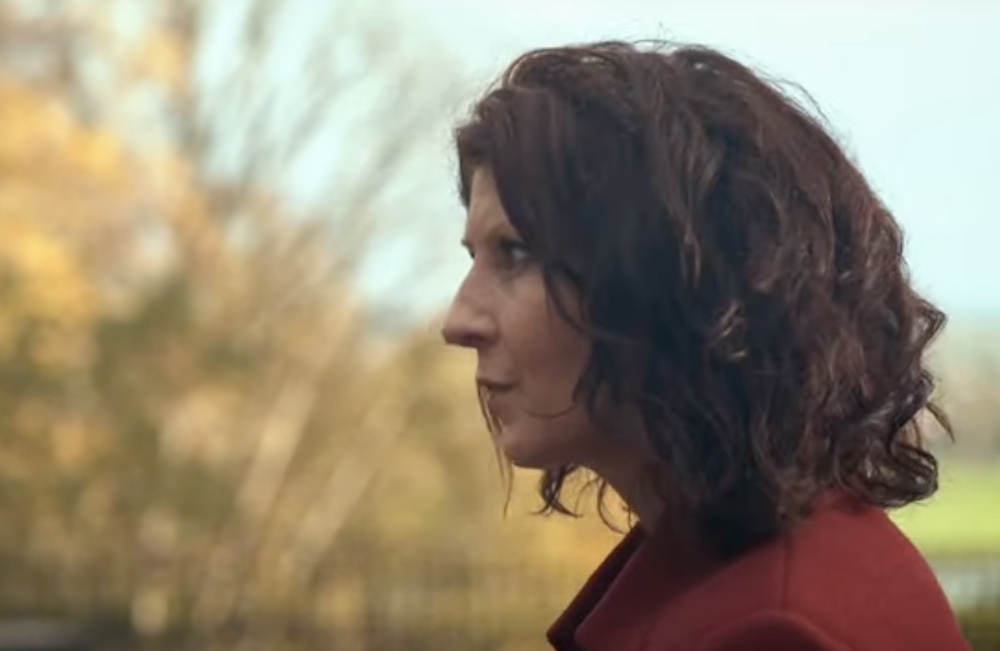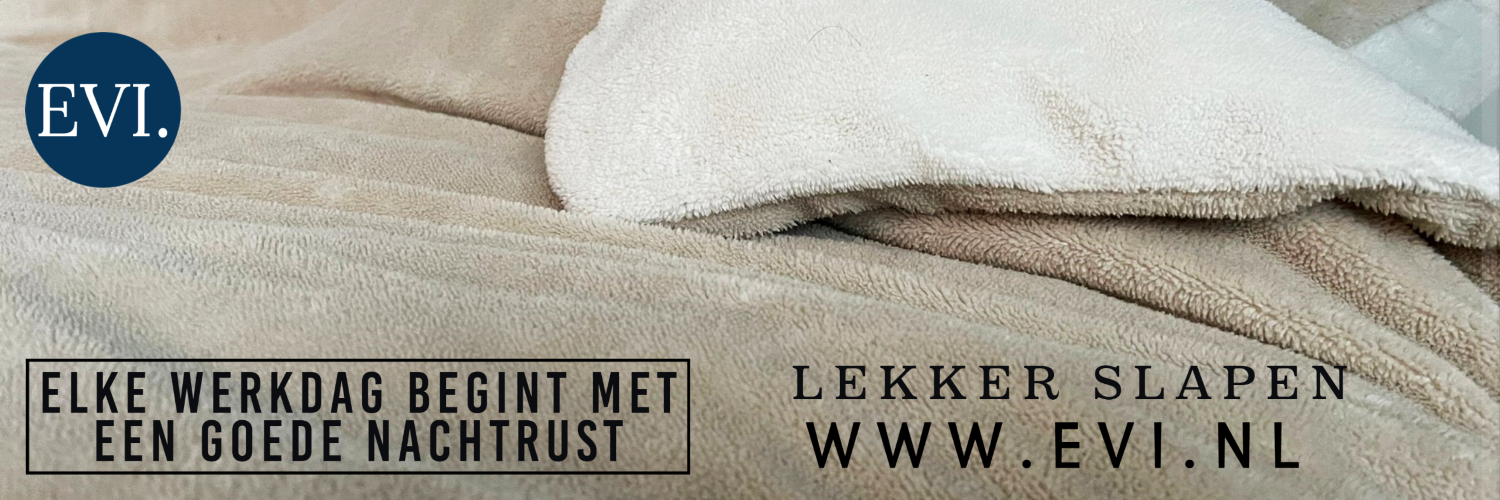The focus is on the pedestrian and the cyclist. The party advocates more space for these two groups of road users, and less for car traffic
It is clear that the Party for the Animals (PvdD), led by Esther Ouwehand, has chosen its own approach to Dutch politics. Ouwehand, who started as an activist and later rose to become one of the most experienced members of the Dutch parliament, emphasizes the need for a coherent approach to complex challenges such as climate change, animal welfare and social well-being.
We see this in the PvdD's transport policy holistic approach clearly back. The party aims for a radical change in the way we travel. It is not only about replacing fossil cars with electric variants, but also about changing the entire transport infrastructure. Investments are being made in a dense public transport network and in facilities that make life easier for pedestrians and cyclists. The goals are not only ecological in nature, but also have social implications: streets become safer and there is more space for greenery and meeting.

"The core idea of the PvdD in the field of transport is that we must solve the challenges before us, such as climate change, air pollution and social inequality, in a coherent manner. This does not just mean replacing one technology with another, but transforming the way we look at transport. The PvdD therefore opts for a radical, sustainable change in mobility policy."
This social aspect is also evident in the focus on affordability and accessibility of transport. By investing in public transport and tax incentives for more sustainable forms of transport, such as cycling, the PvdD wants to promote social equality. The abolition of class systems in trains is a striking example of this. This approach fits in seamlessly with Ouwehand's vision, which sees it as its mission to promote a broader range of interests than just those of people.
train network
What is also striking is the ambition to look beyond national borders. With plans for a European train network and tax incentives to stimulate international train traffic, the PvdD is strongly committed to international cooperation. This is a conscious choice to tackle climate change on a larger scale and also to reduce the number of flights.
The PvdD's transport policy thus illustrates the party's broad, coherent vision of sustainability and social well-being. It is not just about individual measures to green traffic or improve animal welfare. The party wants to change the foundations of the system itself, in a way that is both socially inclusive and ecologically responsible. In this way, Ouwehand remains true to her roots as an activist: her aim is not only to change laws, but also to influence the underlying values and priorities of society. And this is precisely where the strength of the Party for the Animals under its leadership lies.
Esther Oldhand
Esther Ouwehand is one of the most notable figures in Dutch politics, best known as the face of the Animal party (PvdD). She has been active in politics for some time and has established herself as a seasoned parliamentarian with a passion for animal welfare, the environment and social justice.
Born in 1976 in Katwijk, Ouwehand has a background that is not traditionally political. Before entering politics, she worked in various sectors, including the communications industry. This experience may have given her a unique perspective on how to reach and convince people, something that has come in handy in her political career.
Esther Ouwehand is more than just a politician; she is an activist, a leader and a visionary. Her influence extends beyond the walls of parliament and touches the hearts and minds of people striving for a better, more humane world. Through her consistent and courageous leadership, she has transformed the Party for the Animals from a niche party into a political force to be reckoned with.



